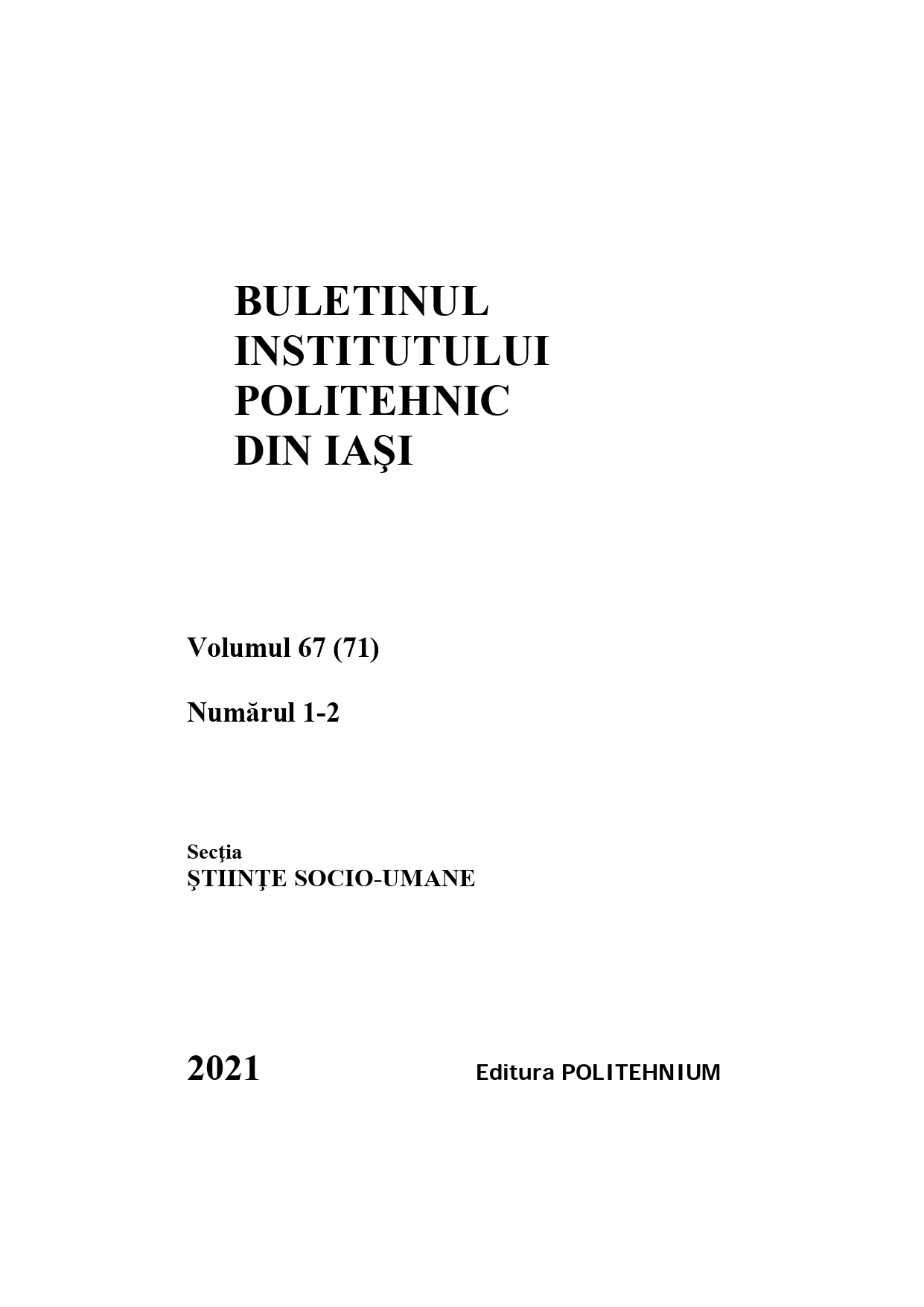Writing is Masculine, Gossip is Feminine: American Myths in Shirley Jackson’s “The Possibility of Evil”
Writing is Masculine, Gossip is Feminine: American Myths in Shirley Jackson’s “The Possibility of Evil”
Author(s): Ioana BACIUSubject(s): American Literature
Published by: Editura Universității Tehnice “Gheorghe Asachi” din Iași
Keywords: American literature; gender; gothic; American exceptionalism; Puritanism;
Summary/Abstract: In her short story “The Possibility of Evil”, Shirley Jackson deconstructs the gendered play for power in 1950s America through the gothicization of prescriptive roles of femininity, one of which is the spinster. As the last descendant of the family that settled the town during the American Revolution, the story’s (anti)heroine is both privileged by and cheated of her illustrious ancestry. American history is a construct edited and enacted by men, in which masculinity is defined along the lines of rebellion and violence; it is passed on from father to son. Thus, due to her gender, the protagonist is indeed of “strange worth” as she cannot overtly assert her power over the townspeople that she believes are, in a sense, her subjects. Male and female power, asserting themselves in different ways, compete in the story as the protagonist aims to compensate for women’s erasure from the official records of the making of American history by taking a “grass root approach” and affecting the lives of ordinary people instead. Thus, the sexual politics are reversed through a character that switches the dynamics from “victim-of-patriarchy-turned-monster” as “monster-which-empowers-itself-through-the-mimicry-of-male-power”. In a story whose foundational origins can be traced to Hawthorne’s Young Goodman Brown, one of the first texts to critique the belief in American exceptionalism, Jackson explodes the fantasy of small town America as the keeper of traditional values, emphasizing the idea that the seed of all evil is the fixation on American exceptionalism and American purity – just like in the case of Hawthorne’s protagonist, sin is in the eye of the beholder.
Journal: Buletinul Institutului Politehnic din Iași secția Științe Socio-Umane
- Issue Year: 67/2021
- Issue No: 1-2
- Page Range: 39-52
- Page Count: 14
- Language: English

